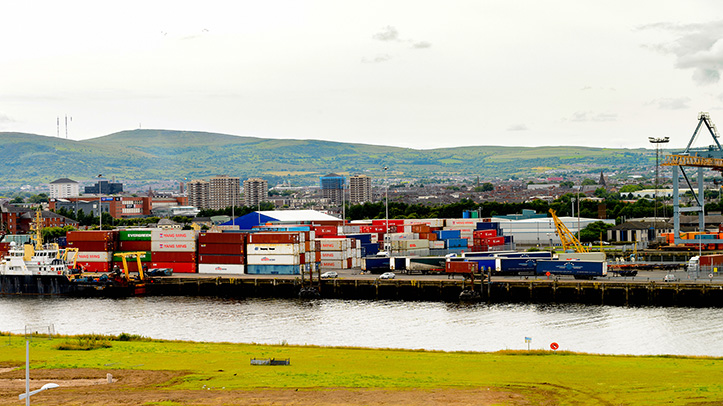The health and welfare of NI farm livestock and pets is in danger unless changes are made to the Northern Ireland Protocol (NIP), warns animal health trade body NOAH.
If the NIP does not change, up to 50% of the current veterinary medicines will disappear from the NI market. This will not only compromise animal health and welfare, but also threaten food security and public health.
NOAH chief executive Dawn Howard said: “NOAH member companies are extremely concerned about the implications of the NIP on their ability to fulfil regulatory requirements to maintain product authorisations, as well as its impact on supply chains.
“Current transition arrangements agreed between the UK government and European Commission are due to end at the end of 2022 with the NIP to be applied in full, from January 2023 onwards.
“This transition period was expected to allow negotiations to continue and for the UK government and European Commission to agree a clear path forward for our industry. However, with only just over a month of 2022 remaining, there is no evidence of such an outcome being reached.”
Mrs Howard continued: “The full Protocol in its current format will lead to NI specific requirements, from both a supply chain and regulatory perspective, that animal health companies are simply not able to meet.
“Many products – up to half – are at great risk of being discontinued for the NI market. NI vets and farmers will no longer have the tools they need to protect the animals in their care.”
Mrs Howard said the Northern Ireland Protocol Bill is not the answer.
“Unilateral action taken by the UK will leave our industry, with its global supply chain and rigorous regulatory standards, in an impossible position,” she said.
“We need the UK government and European Commission to engage in meaningful, constructive discussions about this matter and develop a long-term solution to these problems to ensure long term availability and supply of veterinary medicines to the NI market.
“We are encouraged by a reopening of dialogue about the NIP, but we need a swift solution for our sector’s problems to avert this potential animal welfare catastrophe.”


